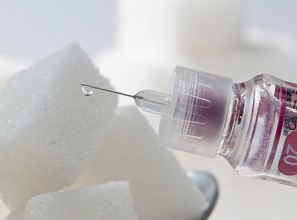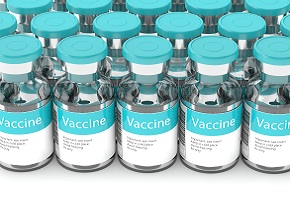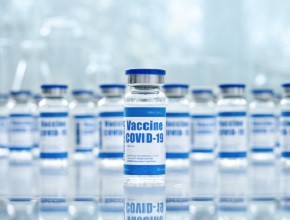Baricitinib in hospitalized patients with COVID-19: Verdict still pending
For our brief orientation guide to COVID-19 research programs, click here.
Severe coronavirus disease 2019 (COVID-19) is associated with dysregulation of the inflammatory process. A variety of medications influencing the inflammatory process have been or are being tested, including glucocorticoids, interferon, and tocilizumab. The effect of combination treatment with remdesivir, an antiviral agent, and baricitinib, a Janus kinase inhibitor that inhibits cytokine intracellular signaling pathways, has the potential to mitigate the effects of dysregulated inflammation and may improve clinical outcomes.
A randomized, double-blind, controlled trial was done in hospitalized adults with COVID-19 (Adaptive Covid-19 Treatment Trial-2; ACTT-2). All patients received remdesivir (≤10 days) and were randomly allocated to receive baricitinib or placebo (≤14 days). The trial protocol did not allow glucocorticoid treatment used as COVID-19–related anti-inflammatory therapy. The primary outcome was time to recovery, and secondary outcomes included mortality and clinical status at day 15. Recovery was defined as being at home (even with some limitations on activities or home oxygen use) or being in the hospital but no longer requiring ongoing clinical care due to COVID-19; this represented categories 1 to 3 on an 8-point scale, where 5 signified hospitalization with need for oxygen therapy; 7, mechanical ventilation or extracorporeal membrane oxygenation; and 8, death.
In total, 1033 patients were randomized, of whom 515 received combination treatment and 518 received remdesivir alone. Patients receiving baricitinib plus remdesivir had a shorter median time to recovery compared with remdesivir alone (7 vs 8 days; rate ratio for recovery, 1.16; 95% CI, 1.01-1.32) and a 30% higher odds of improvement in clinical status at day 15 (odds ratio, 1.3; 95% CI, 1.0-1.6). The numerically highest benefit was observed among patients with a score of 6 (noninvasive ventilation or high-flow oxygen at the time of enrollment; rate ratio for recovery, 1.51; 95% CI, 1.10-2.08; median time to recovery, 10 vs 18 days). Overall, the 28-day mortality was 5.1% in the combination group and 7.8% in the control group (hazard ratio for death, 0.65; 95% CI, 0.39-1.09). Serious adverse events were reported less frequently in the combination treatment group than in the control treatment group (16.0% vs 21.0%), similarly to new infections (5.9% vs 11.2%).
The authors concluded that in patients with COVID-19 the addition of baricitinib to remdesivir reduced recovery time and accelerated improvement in clinical status, particularly in patients who treated with high-flow oxygen or noninvasive ventilation. They noted the importance of comparing directly 2 anti-inflammatory medications: baricitinib and dexamethasone; this comparison is a subject of the ongoing ACTT-4 trial.
 English
English
 Español
Español
 українська
українська











